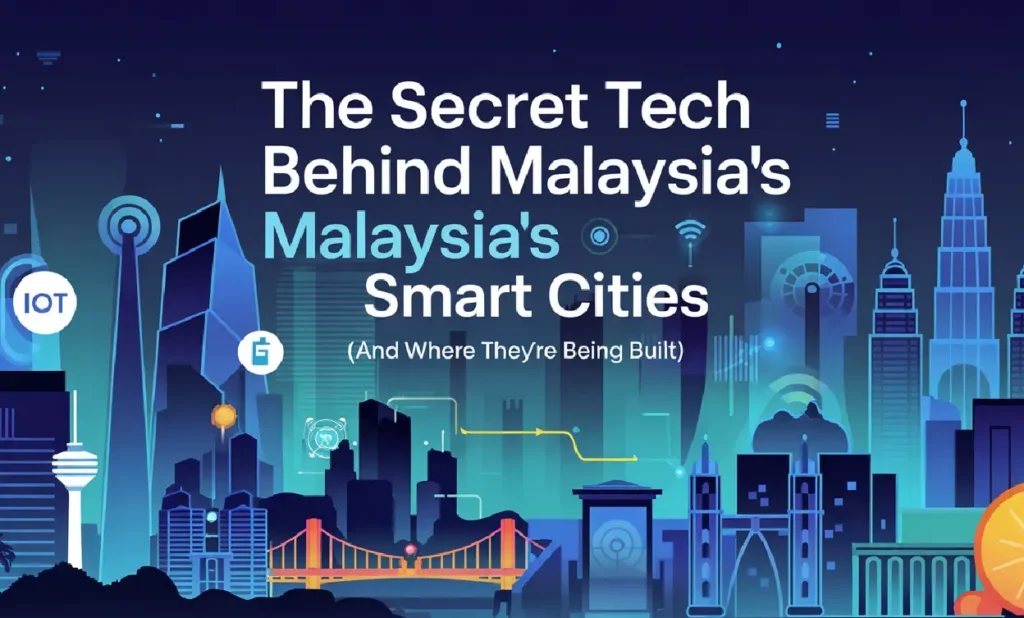
As Malaysia rapidly advances into the future, smart cities have become the beacon of urban transformation, blending cutting-edge technology with sustainable living principles. The secret tech driving these developments is nothing short of revolutionary, reshaping how cities function, serve, and grow. Here, we dive deep into the technologies underpinning Malaysia’s smart cities and pinpoint where these futuristic hubs are taking shape.
The Core Technologies Powering Malaysia’s Smart Cities
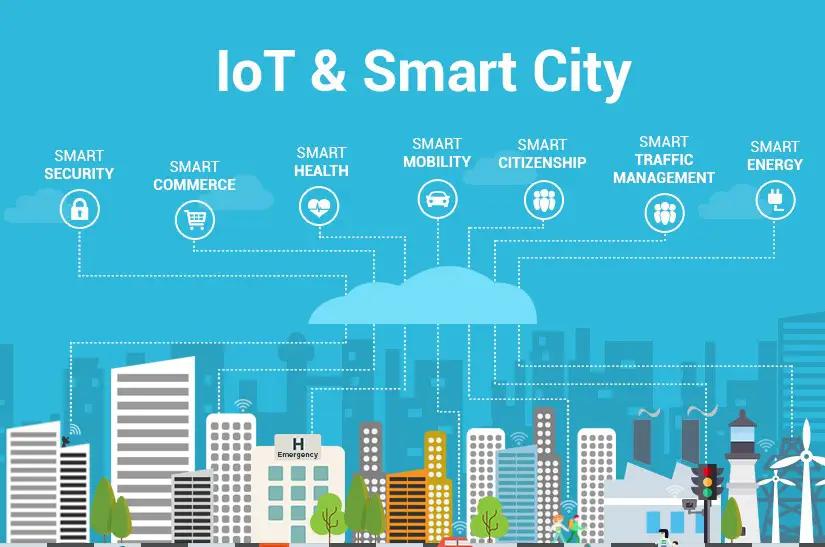
1. Internet of Things (IoT) Infrastructure
IoT is the backbone of Malaysia’s smart cities. Sensors, devices, and connected platforms collect real-time data on traffic, energy use, air quality, and public safety. This data enables instant decision-making to optimize city operations. Cities like Putrajaya and Cyberjaya are early adopters, using IoT for intelligent traffic systems, smart lighting, and waste management solutions that significantly reduce costs and improve citizen satisfaction.
2. 5G Connectivity
5G technology offers ultra-low latency and unparalleled connection speeds, which are crucial for smart city functionality. With Malaysia’s national rollout of 5G through Digital Nasional Berhad (DNB), cities like Johor Bahru and Penang are becoming hotspots for smart development, empowering autonomous vehicles, remote healthcare services, and enhanced public surveillance for safer communities.
3. Artificial Intelligence and Machine Learning
AI and ML algorithms sift through vast data collected by IoT devices to predict maintenance needs, analyze security risks, and optimize energy usage. Kuala Lumpur’s Smart KL initiative leverages AI to streamline public transport, monitor crime patterns, and manage environmental resources, setting a benchmark for urban intelligence.
4. Cloud Computing and Edge Computing
Malaysia’s smart cities utilize cloud computing to store and process enormous datasets securely while edge computing ensures faster data handling closer to the source. This combination ensures seamless public services, from healthcare management to real-time disaster response systems. Cyberjaya’s Cyberview Smart City Centre exemplifies this approach, acting as a central nervous system for urban operations.
5. Blockchain for Governance
Transparent and tamper-proof blockchain technology is increasingly integrated into city governance models. In Melaka’s ambitious Melaka Straits City project, blockchain is employed to ensure transparency in transactions, land ownership, and public spending, building trust between citizens and administrators.
6. Renewable Energy Systems
Sustainability lies at the heart of Malaysia’s smart city designs. Smart grids, solar farms, and energy storage solutions are pivotal. Iskandar Malaysia, a smart region in Johor, implements widespread use of renewable energy and promotes green building certifications to minimize environmental impact.
Where Malaysia’s Smart Cities Are Rising
1. Cyberjaya: Malaysia’s Pioneer Smart City
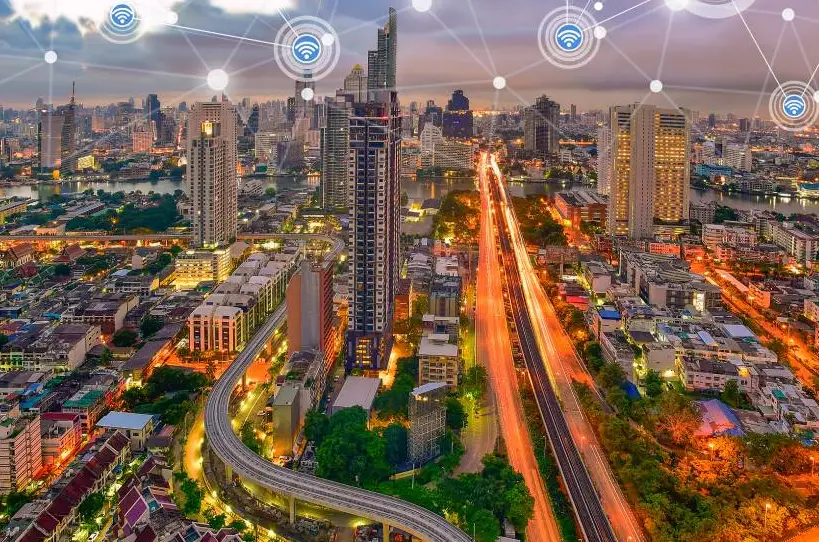
Originally developed in the late 1990s, Cyberjaya has evolved into Malaysia’s flagship smart city. Hosting numerous tech startups, research institutions, and data centers, Cyberjaya integrates smart mobility solutions, AI-driven security systems, and sustainable energy programs. Key highlights include Autonomous Vehicle Testing initiatives and 5G pilot projects.
2. Iskandar Malaysia: Southeast Asia’s Smart Metropolis
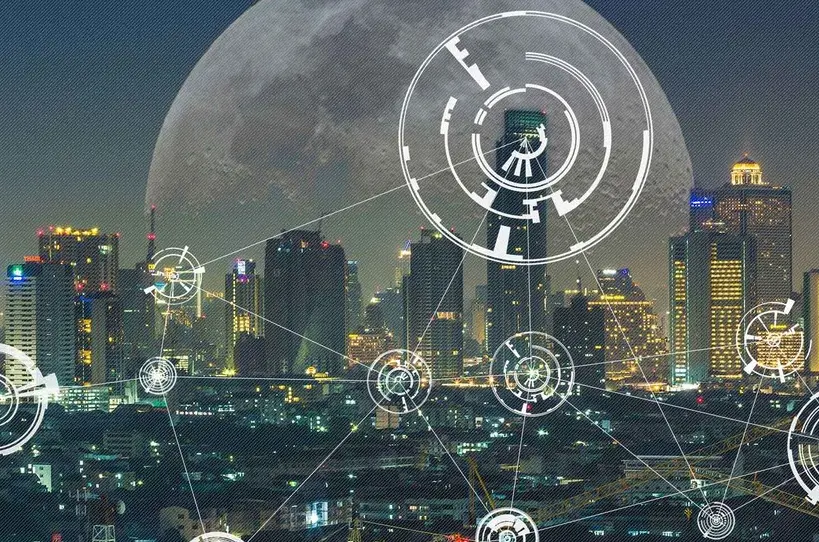
Spanning over 2,217 square kilometers, Iskandar Malaysia in Johor is one of the largest and most comprehensive smart city projects. It emphasizes integrated transportation, smart utilities, and digitalized education systems. With government-private partnerships, Iskandar is setting new standards for urban sustainability and livability.
3. Kuala Lumpur: Towards a Fully Integrated Smart Capital
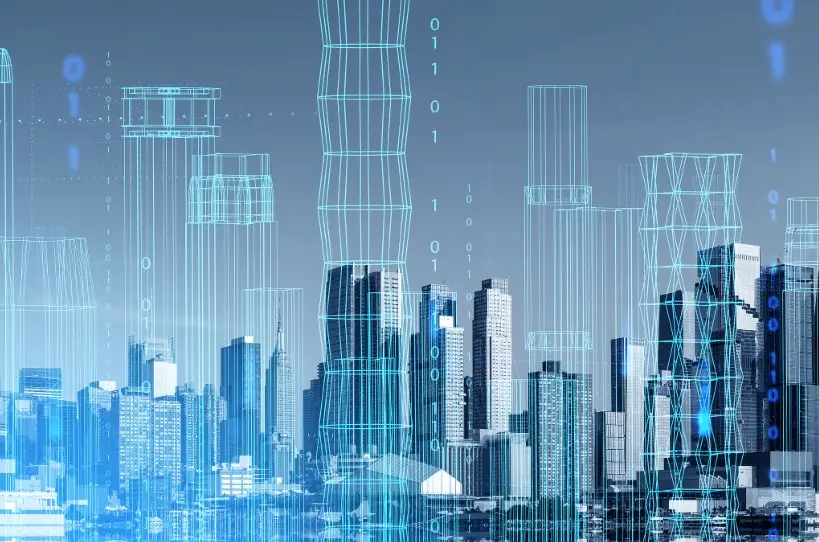
The national capital, Kuala Lumpur, through the Smart KL initiative, aims to embed smart technologies into every aspect of city life. Projects include smart parking solutions, real-time crime monitoring, and energy-efficient smart buildings. Kuala Lumpur is also piloting the use of AI-powered drones for traffic and infrastructure inspection.
4. Penang: The Tech Hub Evolution
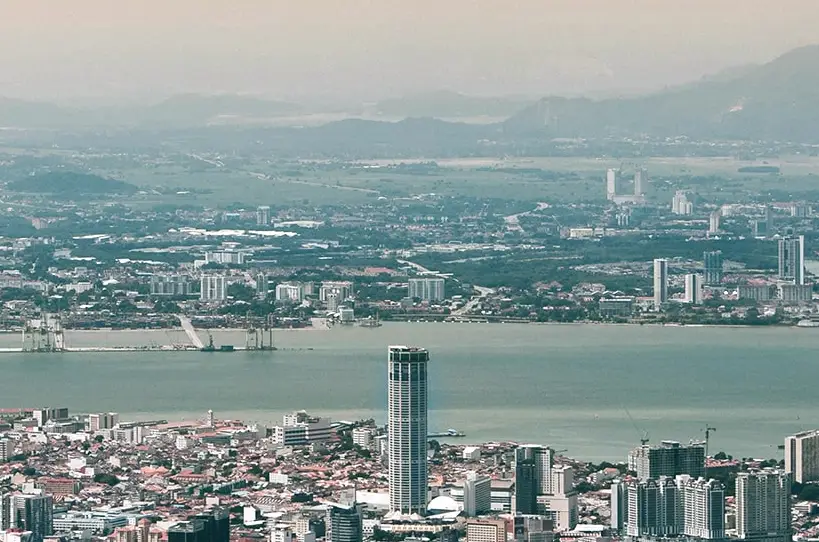
Known for its tech manufacturing prowess, Penang is investing heavily in smart city frameworks. Smart initiatives such as smart traffic management, cashless payment systems, and digital citizen engagement platforms are underway to enhance urban quality of life.
5. Melaka: Blockchain-Powered Urbanism
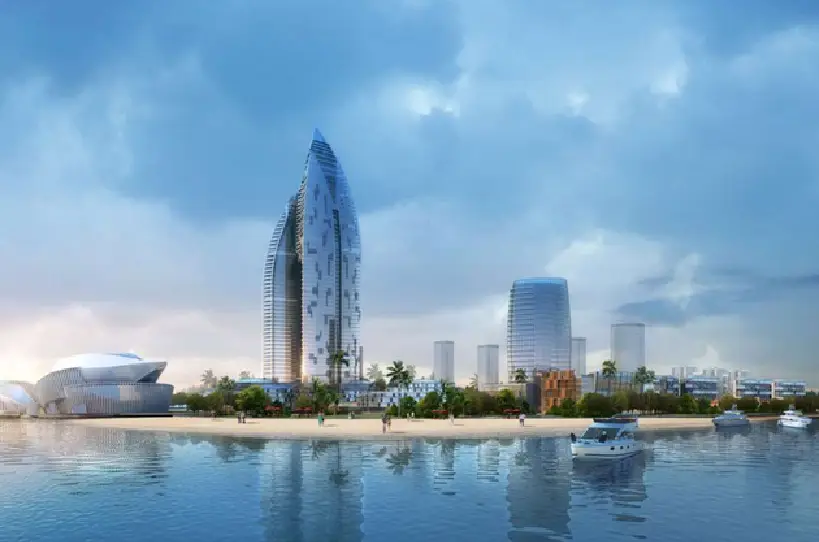
The Melaka Straits City, a joint project with Chinese developers, is envisioned as the world’s first blockchain city. Residents will have access to blockchain-based e-wallets, digital IDs, and real-time governance applications, pushing the envelope for transparent urban management.
Key Innovations Transforming Malaysian Smart Cities
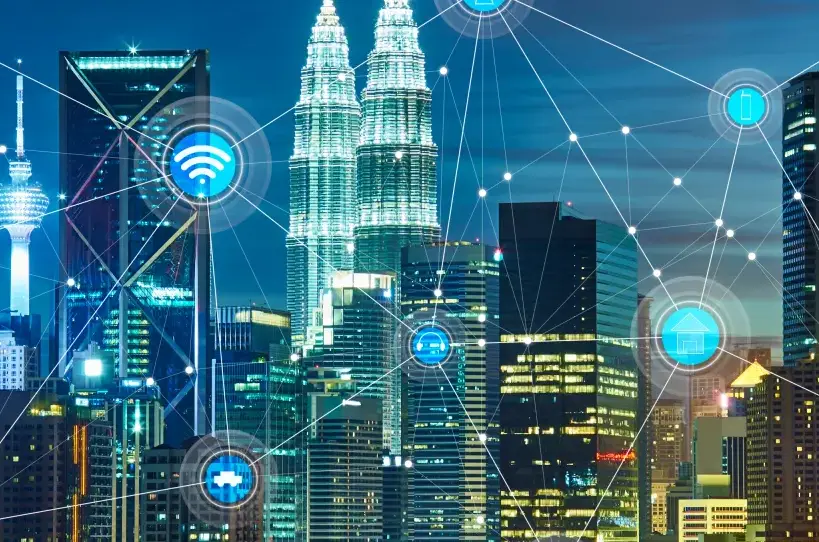
Smart Transportation Networks
Advanced intelligent transport systems (ITS), electric buses, autonomous vehicles, and integrated ticketing systems are improving connectivity while reducing environmental impact. Kuala Lumpur’s MRT and LRT systems are increasingly enhanced by real-time tracking and AI scheduling.
Urban Farming and Green Spaces
In the quest for food security and environmental balance, smart cities like Iskandar Puteri incorporate vertical farming, urban agriculture, and extensive green corridors into city planning, promoting sustainable urban lifestyles.
Smart Water Management
Water scarcity is a pressing concern, and Malaysia’s smart cities are implementing IoT-based water management systems. These systems detect leakages, monitor consumption patterns, and optimize distribution, ensuring efficient use of resources.
Citizen-Centric Mobile Applications
Apps like Citizen-Centric Services Portal in Cyberjaya allow residents to access government services, report infrastructure issues, pay utilities, and receive emergency alerts, all from their smartphones, fostering active citizen participation.
The Future of Smart Cities in Malaysia
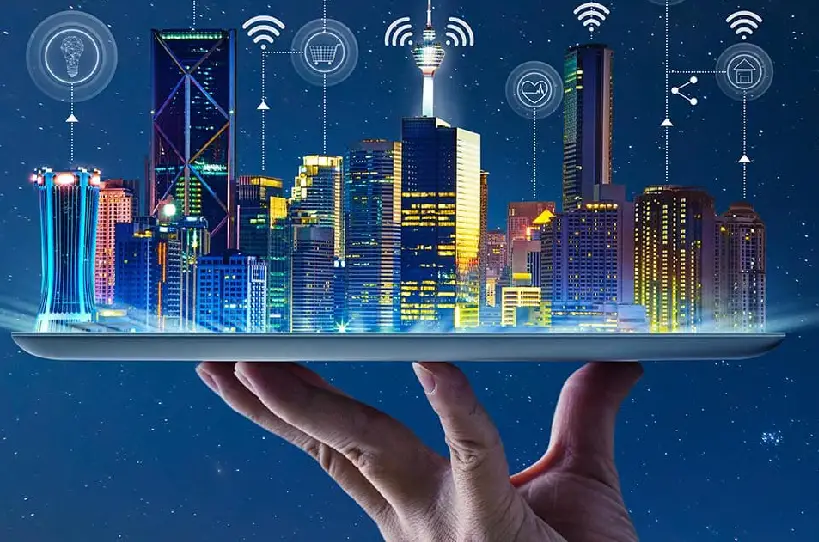
Looking ahead, Malaysia’s smart city evolution is poised to accelerate with greater integration of AI, robotics, augmented reality (AR), and quantum computing. Future developments are expected to focus on resilient infrastructure, inclusive digital policies, and climate-positive urban models, ensuring that smart cities are not only intelligent but also equitable and sustainable.
Massive investments under Malaysia’s Smart City Framework 2019-2025 and global partnerships will further boost innovation, ensuring Malaysia’s position as a leading smart city nation in ASEAN and beyond.
